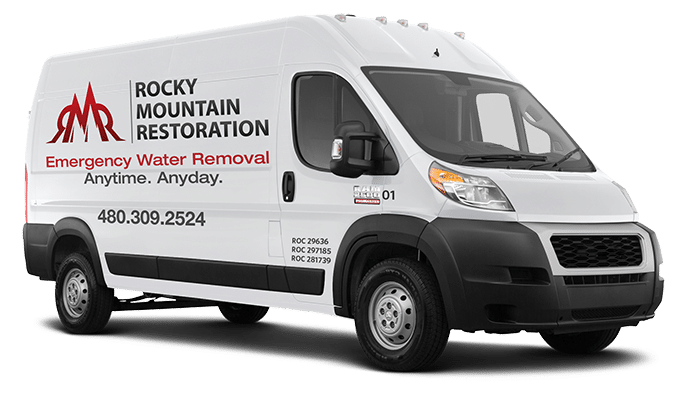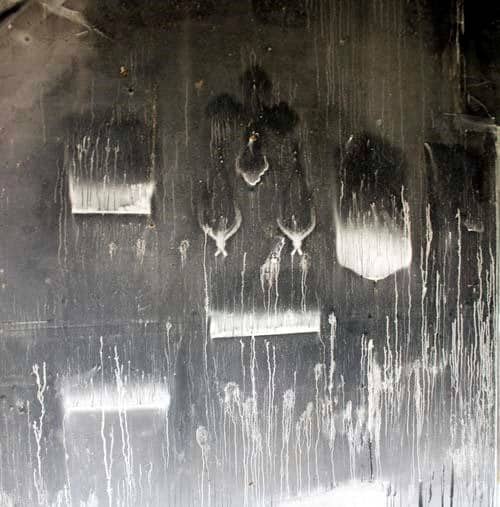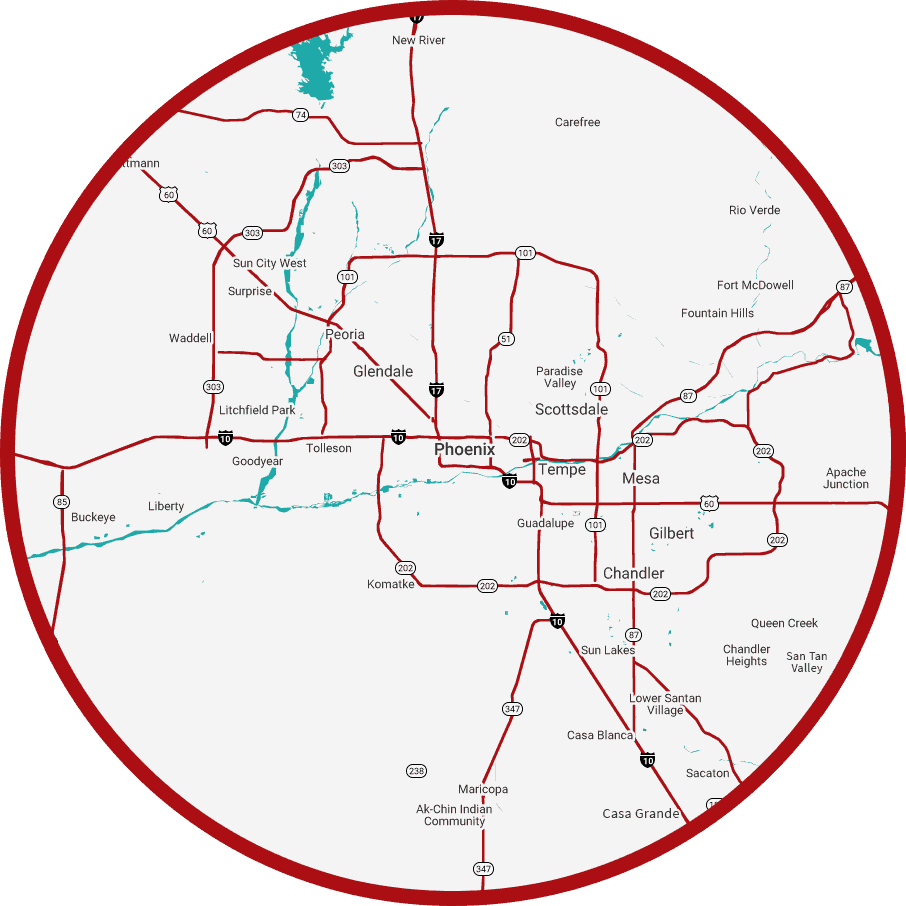Did you know that smoke inhalation is the leading cause of death in fires, not burns? This fact shows how dangerous smoke particles can be, even after a fire is out. It’s important to check if your home is safe before you start sleeping again, no matter how small the fire was.
Experts agree: it’s not safe to sleep in a house after a fire, big or small. Smoke and soot can spread all over, causing serious health problems. Being exposed to these particles can lead to many health issues, some of which might not show up right away but can last a long time.
Key Takeaways:
- Exposure to smoke after a fire can lead to various health risks, specially for people with breathing problems or weak immune systems.
- Smoke particles can stay in a house after a fire, no matter the size, and keep causing health problems.
- When a fire burns, it releases harmful chemicals. Things like foams, fabrics, and plastics give off dangerous gases when they burn.
- Smoke pollution and damage start right after a fire is put out, making it urgent to get professional help.
- It’s best to get professional restoration services to make sure it’s safe to go back into a smoke-damaged house. The wrong steps can make health risks worse.
Health Risks of Sleeping in a Smoke-Damaged House
After a fire, the health effects of smoke can be serious. People thinking about sleeping in a smoke-filled space should know the dangers. Smoke damage isn’t always seen, and it can be very harmful if not treated.
Here, we look at the main health concerns from smoke exposure.
Respiratory Problems
Inhaling smoke can hurt lung function a lot. It can cause mild irritation or serious lung diseases. Smoke particles and chemicals can go deep into the lungs, leading to breathing issues.
These issues include shortness of breath, coughing, bronchitis, and asthma. People with lung problems are at even higher risk. About 15% of smoke inhalation cases involve carbon monoxide poisoning, which is dangerous in small spaces.
Because 60% of people exposed to smoke report coughing and dizziness, the air quality is very important.
Skin and Eye Irritation
Soot and chemicals from smoke can irritate the skin and eyes a lot. Touching contaminated items like clothes and furniture can cause skin problems. Exposure to smoke can also make eyes uncomfortable and inflamed.
Smoke particles stick to surfaces and items, making skin or eye irritation a big risk.
Long-term Health Effects
Long-term exposure to smoke can lead to serious health problems. These include cancers, heart diseases, and lung diseases. Smoke particles can stay in the air for months, even after the smoke is gone.
People living in smoke-filled areas are at high risk. Smoke can damage internal organs. Infants and small children are very vulnerable to these risks, facing dangers like stroke and heart attack.
The health risks of sleeping in smoke-filled rooms are not just immediate. They can cause long-lasting health problems if not treated right.
Is it safe to sleep in a house after smoke?
Deciding is it safe to sleep in a house after smoke means looking at health risks. Smoke from fires can cause breathing problems and even cancer. In the U.S., over 350,000 house fires happen every year, harming thousands and causing billions in damage.
Sleeping in smoke-damaged house can make health issues worse, like for kids and people with weak immune systems. Mold can grow quickly on wet surfaces, making things even riskier. Fire damage can also weaken buildings, making them unsafe.
Getting a professional to check the house is key before is it safe to sleep in a house after smoke. Companies like Rocky Mountain Restoration can do the needed checks and fixes. They make sure the house is clean and safe again, thanks to their skills and 24/7 service.
Dangers of Lingering Smoke Particles
Smoke doesn’t just disappear when the fire goes out. Tiny smoke particles can hide in your home, posing risks to your health. So, is it safe to sleep in a house after smoke?
Invisible Threats
Smoke particles are tiny and can sneak into hidden spots. They can get stuck in HVAC systems, behind walls, and in insulation. This makes them hard to get rid of without expert help.
The lingering smoke effects on health include breathing problems, skin issues, and eye discomfort. This shows why deep cleaning and purifying the air are key.
Hidden Smoke Damage
Smoke can damage your home in ways you can’t see. It can weaken building materials, affecting the structure over time. Wondering is it safe to sleep in a house after smoke? It’s vital to know that long-term exposure can harm your health.
Smoke can cut melatonin levels by 50%, messing with your sleep. It also raises the risk of respiratory issues like coughing and wheezing by 30%. This can disrupt your sleep.
Smoke particles can also reduce oxygen to vital organs, leading to serious health issues. So, it’s critical to restore your home and purify the air after smoke damage.
Conclusion
Smoke exposure can harm your health and safety. Sleeping in a smoke-damaged house is risky. It’s important to clean and restore the house properly.
Smoke can cause many health problems. These include breathing issues, skin and eye irritation, and even heart disease. The World Health Organization and the American Lung Association warn about these dangers.
People like children, the elderly, and those with health issues are at higher risk. They might face worse symptoms and complications.
So, is it safe to sleep in a house after smoke? No, unless it’s thoroughly cleaned and restored. Using air purifiers, keeping humidity right, and wearing masks are good steps to take.
Putting your health first and ensuring a complete restoration is key. This way, you can live safely in your home again.













